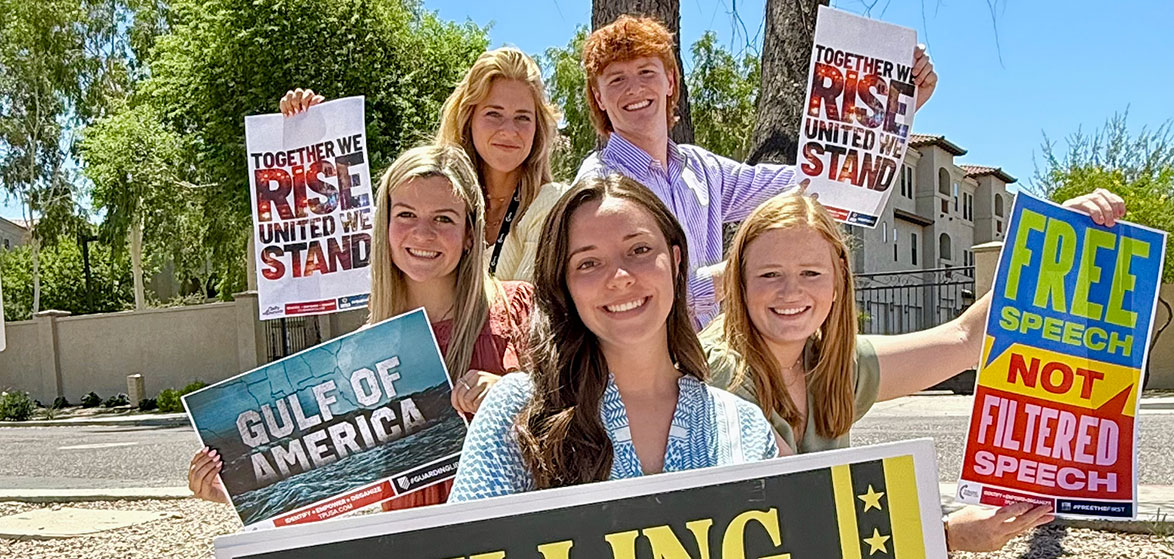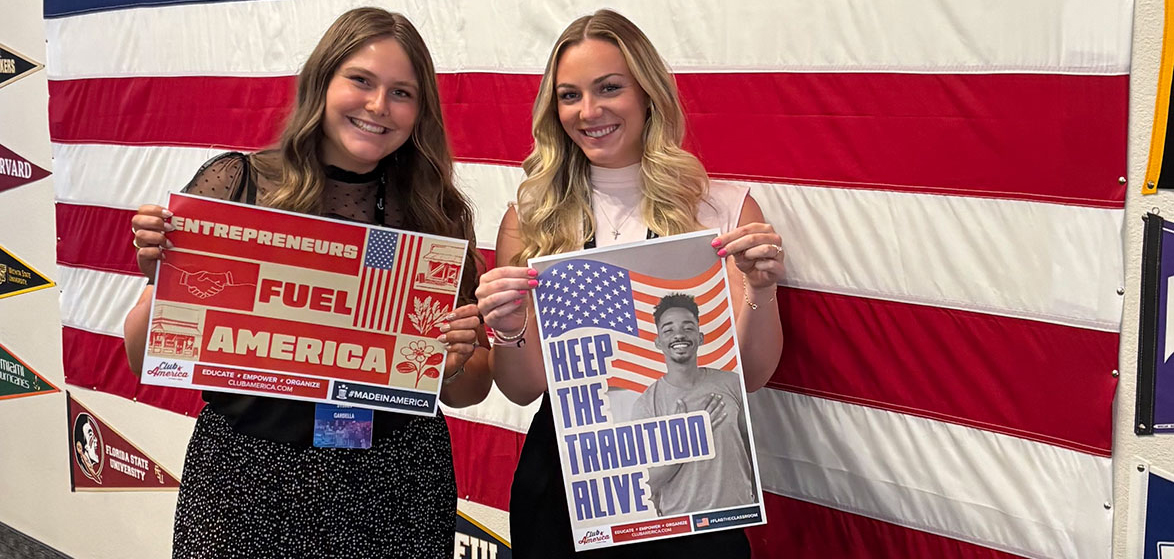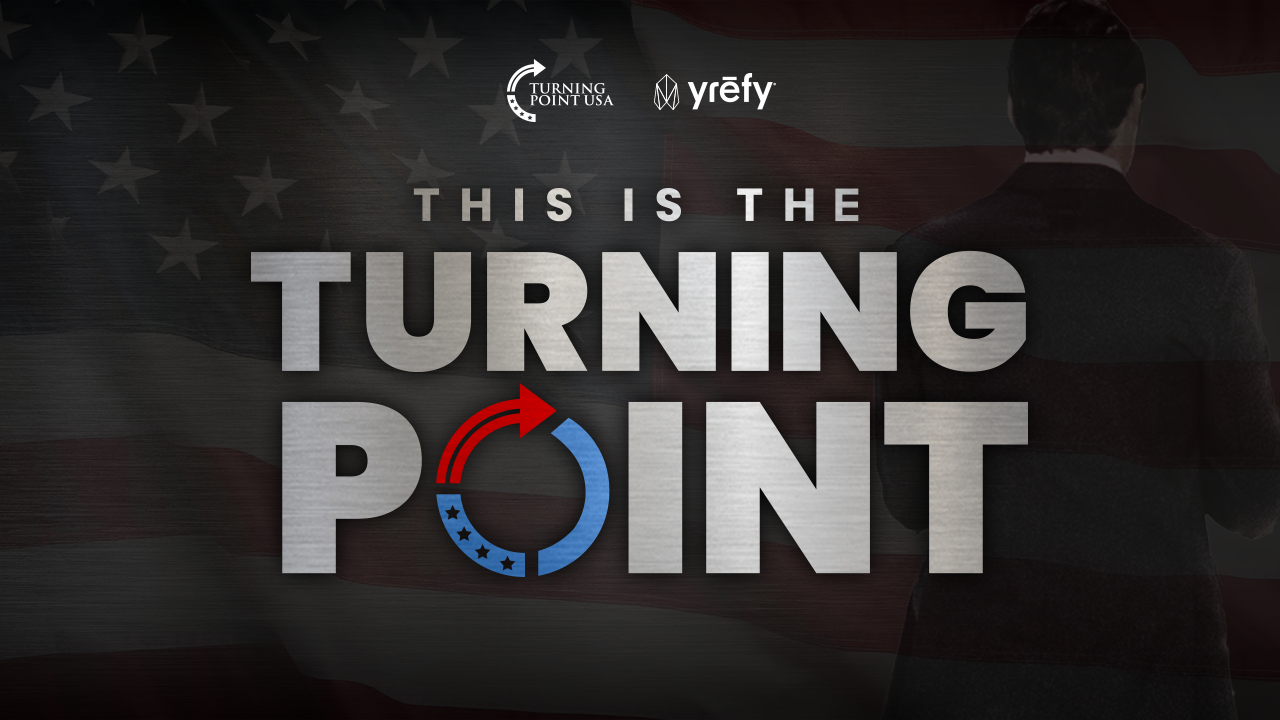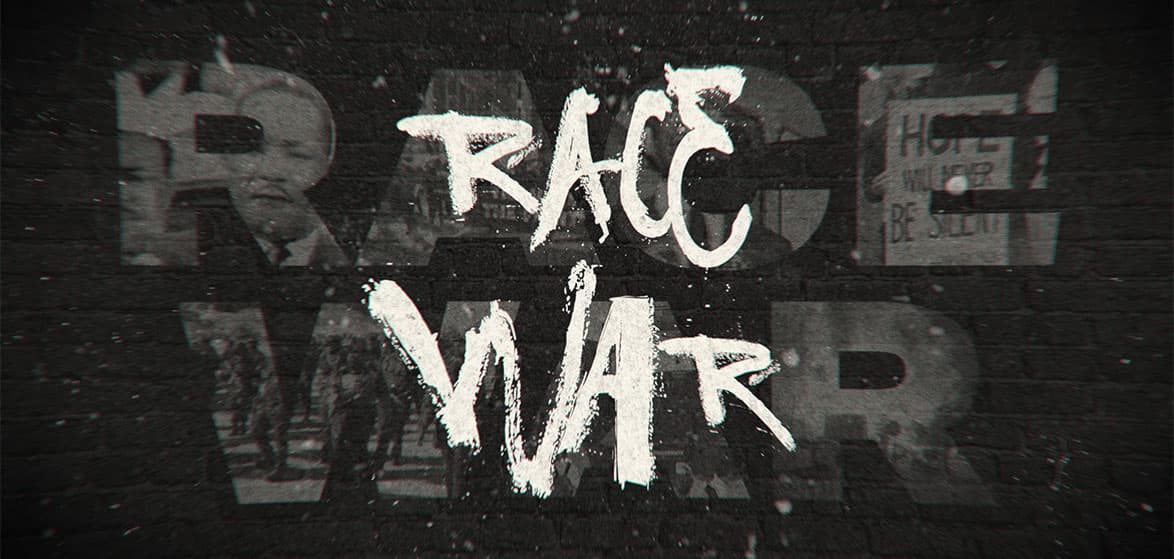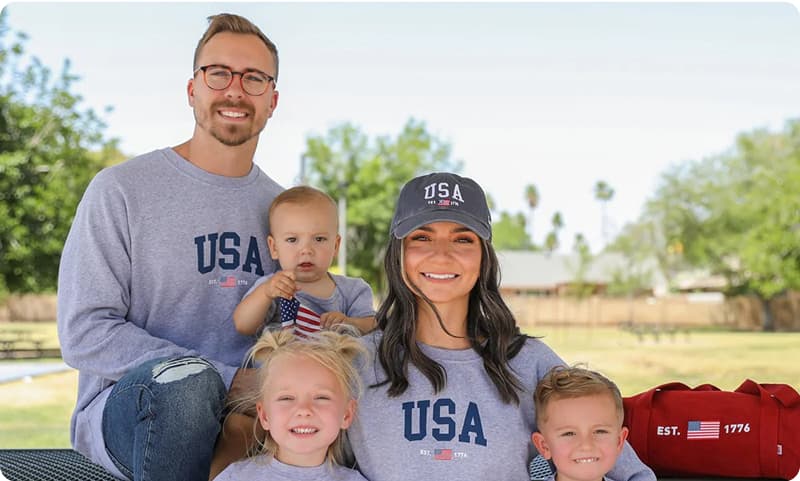
Is society doing a disservice to mothers and children for treating daycare as a perfectly normal and acceptable option for all families?
On the most recent episode of “The Spillover,” I sat down with Suzanne Venker to discuss this hot-button topic, which is the single-most contested opinion I have ever held publicly.
Venker, who is an author, relationship coach, and host of the Suzanne Venker Show, believes that women cannot actually have it all — at once. She believes, after extensive research and years of experience, that mothers and their children need to be with one another, especially during the child’s first three years while essential developmental skills are being learned through observation and connection with, well, if you choose daycare — strangers.
All it takes is a little digging to see that this utopia women have been sold isn’t quite what the marketing promised. One article, entitled, “Living with universal childcare has shown me Australia’s system is neither a luxury nor a right – it’s a last resort” details one mother’s lack of connection with her daughter after she had her enrolled in a kindergarten in Berlin at just two years old.
“When I pick her up, my daughter is happy to see me, somehow relieved, but she is also often reluctant to leave, an additional insult to the fact that she does for her carer many of the things that she won’t do for me, including sit in the pram, clean her teeth, brush her long mane of hair,” the writer explained. “One day I commented on how nice her hair looked, and her carer replied, quite matter-of-factly, ‘Yes, we brush it,’ as though it had never occurred to me to do the same.”
So why do so many women feel that early childhood daycare is an equal choice to staying home with their children while they grow? Whatever “works” for their family, and whatever makes them happy is what should be done, correct?
This concept has been presented to women in the U.S. by segments of the population who favor women being a large portion of the workforce. We were told that it would be “empowering” to work outside the home, and we all strived to be the “girl boss” with a prestigious degree and an envy-worthy job. As Venker explained simply, “You’ve been propagandized.” To make the dual-income household functional, women would either need to be offered abortion or daycare for their children — because leaving that dream job would be out of the question.
Now, I am not on a crusade to abolish daycare for working mothers, as a lot of people might already believe. On the contrary, I want a mother to be well-informed before she chooses to send her child to daycare without knowing all of the potential consequences.
Daycare is most often where children first develop relationships with adults who are not in their family and establish close bonds with non-parental figures. These bonds have the ability to interrupt the relationship between the mother and the child, as the aforementioned writer explained in her own experience.
Additionally, the Institute for Family Studies, writing on several studies conducted by the NIH, found that “By age four-and-a-half, extensive hours in daycare predicted negative social outcomes in every area including social competence, externalizing problems, and adult-child conflict, generally at a rate three times higher than other children.”
Early childcare has become so commonplace that most working women don’t tend to think about any other option. That exactly is why Venker and myself are having the unpopular conversation of presenting women with another option.
“You have to be willing to say unpopular things to yourself to be a parent,” Venker said, “it takes an open mind … to accept the things that you don’t want to hear.” In this episode of “The Spillover,” she encourages young women to take time in introspection to ask themselves genuinely, what they want out of parenthood.
This episode is packed with hot takes, controversial opinions, and facts that are undeniable. My full interview with Suzanne Venker is available on Apple Podcasts, Spotify, YouTube, and wherever you listen to podcasts.


